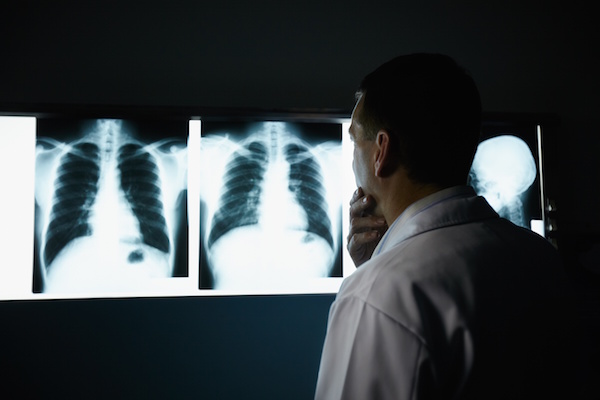
MONDAY, June 28 (HealthDay News) — Cyclosporine, a drug commonly used to prevent organ rejection following a transplant, has been linked to a significantly increased risk of developing cancer after liver transplant, new Dutch research reveals.
The study was done in part to examine what role drugs that suppress the immune system might play in the development of cancer in liver transplant patients, whose long-term survival rates have improved little over the past three decades. Cancer is one of the leading causes of late death, and appears to be directly related to the intensity and cumulative doses of immunosuppressive drugs, according to researchers.
The Dutch study compared cyclosporine and tacrolimus — the cornerstone of immunosuppressive drug therapy — in the occurrence of de novo (new) malignancies after transplantation. To do so, researchers analyzed the records of 385 liver transplant patients who had the procedure between 1986 and 2007, and tracked all the patients through 2008 for signs of de novo cancer (defined as the onset of cancer other than a recurrence of primary liver cancer).
Of the study participants, 13 percent were found to have developed at least one de novo cancer.
Lead author Dr. Herold Metselaar and his colleagues found that compared to TAC therapy, cyclosporine appeared to be the most important risk factor for new cancer following a liver transplant. The higher cancer risk was not found in all patients treated with cyclosporine, however; it was specific to patients who had undergone a transplant more recently (2005 to 2007) and to those under the age of 50.
In addition, compared to tacrolimus, cyclosporine was more likely to spark aggressive types of cancer, those with a one-year survival rate of less than 30 percent.
Metselaar and his team theorized that the increased risk among patients transplanted since 2005 may have something to do with a change in the way cyclosporine dose monitoring was structured from that year onward.
“Strikingly, [cyclosporine-treated] patients transplanted from 2005 on showed a 9.9-fold higher de novo cancer risk in the early phase after liver transplant compared to patients treated with [tacrolimus],” he noted in a news release. In addition, cyclosporine was associated with cancer types that had a worse prognosis, Metselaar said in a news release.
The study, conducted by researchers from the Erasmus MC University Medical Center in The Netherlands, appears in the July issue of Liver Transplantation.
More information
For more on liver transplants, visit the National Digestive Diseases information Clearinghouse.

